
Patan Museum
Explore centuries of Newari art and history within a stunning 18th-century royal palace in Patan Durbar Square.

Highlights
Must-see attractions

Social
From TikTok & Reddit
Best Time
Golden light & fewer crowds

Patan Museum
Best Time
Golden light & fewer crowds

Highlights
Must-see attractions
Explore centuries of Newari art and history within a stunning 18th-century royal palace in Patan Durbar Square.
"Patan Museum was the highlight for me—beautifully curated, peaceful, and rich with Newari art and history."
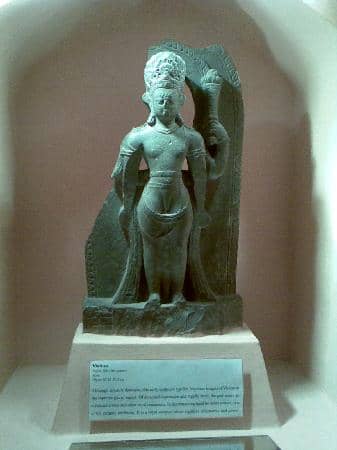
🎟️ Ticket Value
For just 15 rupees, the museum experience is incredibly rich with history and art.
👟 Comfortable Footwear
You'll be doing a lot of walking around the museum and the square, so wear comfy shoes.
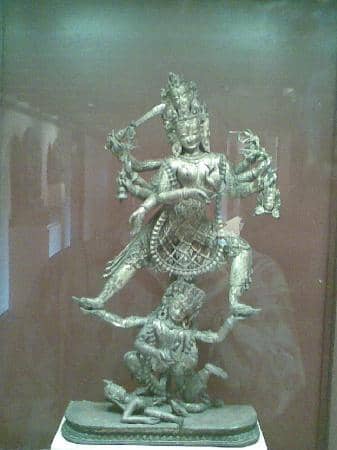
Highlights
Discover the most iconic attractions and experiences

Malla Era Architecture
Royal Palace
Marvel at intricate Newari woodwork, ornate courtyards, and traditional brickwork.

Sundari Chowk & Royal Bath
Courtyard
Discover the 17th-century Tusha Hiti royal bath with its stunning stone and gilt imagery.

Bronze Sculptures & Iconography
Galleries
Admire over 1,100 artifacts, including cast bronze sculptures and gilt copper works.
Plans like a pro.
Thinks like you
Planning Your Visit
Embrace the History
Beyond the Palace Walls
Best Times
Insider Tips
from TikTok, Instagram & Reddit
🎟️ Ticket Value
For just 15 rupees, the museum experience is incredibly rich with history and art.
👟 Comfortable Footwear
You'll be doing a lot of walking around the museum and the square, so wear comfy shoes.
At patan durbar square ( museum)
📸 Photography Tips
Early mornings offer the best golden light for capturing the intricate details.
🗺️ Explore the Square
Your museum ticket often includes access to Patan Durbar Square. Don't miss it!
Best museum in Nepal?
Tips
from all over the internet
🎟️ Ticket Value
For just 15 rupees, the museum experience is incredibly rich with history and art.
👟 Comfortable Footwear
You'll be doing a lot of walking around the museum and the square, so wear comfy shoes.
📸 Photography Tips
Early mornings offer the best golden light for capturing the intricate details.
🗺️ Explore the Square
Your museum ticket often includes access to Patan Durbar Square. Don't miss it!
🤫 Peaceful Atmosphere
The museum offers a serene escape from the city's hustle and bustle.
What Travellers Say
Reviews Summary
Visitors consistently praise Patan Museum for its rich collection of Newari art and history, housed within a beautifully preserved 18th-century royal palace. The intricate architecture and the serene atmosphere are frequently highlighted as major draws. While the museum itself is a gem, many recommend combining the visit with exploration of the surrounding Patan Durbar Square for a complete cultural experience.
"A Journey Through Time in the Heart of Patan
Visited last Saturday and wow—Patan Durbar Square truly feels like stepping into a living museum! Every brick, every carving tells a story. The Patan Museum was the highlight for me—beautifully curated, peaceful, and rich with Newari art and history. It’s a place where you don’t just see culture, you feel it.
The intricate woodwork, ancient courtyards, and spiritual energy make it a must-visit for anyone who loves history, photography, or just wants a break from the modern chaos.
Sharing some snapshots I took—they barely do justice, but I hope they inspire someone else to explore this gem. Highly recommend going early in the morning for that golden light and fewer crowds!"
Bikram Pyakurel
"Set within the historic Patan Durbar Square—a UNESCO World Heritage Site in Lalitpur—the museum occupies the intricately restored Malla-era royal palace, built in 1734 and updated extensively after the 2015 earthquake . The architecture is a beautiful example of traditional Newar woodwork and design, with carved windows, ornate courtyards, and the recently opened Sundari Chowk featuring the 17th‑century royal bath, Tusha Hiti, complete with stone and gilt imagery of Hindu gods and Nāgas .
Boasting over 1,100 artifacts, about 200 are on permanent display, including cast bronze sculptures and gilt copper repoussé works that reflect centuries of Hindu and Buddhist devotion and artistry . The collection spans from the medieval Malla period through later eras, offering both iconic statues and explanatory captions that connect graphics to meaning."
sangay gurung
"We had the opportunity to visit Patan Durbar Square as part of our field visit, and it was an incredibly enriching experience. The site is not only visually stunning but also steeped in deep historical and cultural significance.
Our visit was very well-received and exceptionally informative. We were guided through the square’s intricate temples, courtyards, and museums, gaining valuable insights into Newar architecture, art, and the rich heritage of the Malla period. Each part of the visit added a new layer to our understanding of the area's historical and cultural importance.
The experience was well-organized, and we truly appreciated the effort put into ensuring that we learned as much as possible. It was more than just a visit—it was a learning journey that left us with a deeper appreciation for Nepal’s history and craftsmanship.
Highly recommended for students, researchers, or anyone interested in history, art, and architecture. A truly memorable and educational experience!"
Sjazr Skya
What People Like
What People Dislike
Frequently Asked Questions
🚇 🗺️ Getting There
Patan Museum is located within Patan Durbar Square in Lalitpur. You can reach it by taxi or local bus from Kathmandu. Many visitors combine a visit to the museum with exploring the surrounding square.
Yes, local buses frequently run to Patan Durbar Square from various points in Kathmandu. Taxis are also readily available.
The square is best explored on foot. Wear comfortable shoes as you'll be walking between temples and the museum.
Parking can be challenging within the immediate vicinity of the square due to its historic nature. It's often best to park a short walk away or rely on taxis.
Yes, licensed guides are available at Patan Durbar Square who can provide in-depth historical and cultural information about the museum and surrounding sites.
🎫 🎫 Tickets & Entry
The entry fee for Patan Museum is very affordable, often around 15 Nepalese Rupees for locals and a slightly higher fee for foreigners.
Often, the ticket for Patan Museum also grants you access to explore the wider Patan Durbar Square, including its temples and courtyards. It's best to confirm at the ticket counter.
Patan Museum typically opens around 10 AM and closes around 5 PM, though hours can vary seasonally. It's advisable to check current timings before your visit.
Currently, tickets are primarily purchased on-site at the museum's entrance.
Information on specific discounts for students or seniors is not widely publicized, but it's always worth inquiring at the ticket counter.
🎫 🏛️ Onsite Experience
The museum houses an extensive collection of traditional religious art, including cast bronze sculptures, gilt copper repoussé works, ancient religious iconography, paintings, and stone carvings, reflecting Hindu and Buddhist traditions.
The museum is housed in an 18th-century royal palace, showcasing exquisite Newari architecture with intricate wood carvings, ornate courtyards, and traditional brickwork.
Yes, the museum and its courtyards are very photogenic. Early mornings offer the best light. Be mindful of any restrictions on photography within specific galleries.
To fully appreciate the collection and architecture, allocate at least 1.5 to 2 hours for the museum itself, plus additional time for Patan Durbar Square.
Basic facilities, including restrooms, are generally available within the museum complex.
🍽️ 🍽️ Food & Dining
There are no restaurants directly inside the Patan Museum. However, numerous local eateries and cafes are located within Patan Durbar Square and the surrounding streets.
You can find traditional Newari cuisine, Nepali dishes like dal bhat, momos, and various international options in the vicinity of Patan Durbar Square.
Many visitors enjoy dining at the restaurants and cafes located within or just outside Patan Durbar Square, offering a pleasant ambiance.
Yes, you can find many local eateries and street food stalls offering affordable and delicious options around Patan Durbar Square.
While not explicitly prohibited, it's generally more respectful to consume food and drinks outside the museum galleries. There are pleasant courtyards where you might be able to enjoy a snack.
📸 📸 Photography
The intricate courtyards, detailed wood carvings on windows and doorways, and the Sundari Chowk with its royal bath are prime photography spots. The surrounding temples in Patan Durbar Square also offer great shots.
Photography is generally allowed in the courtyards and exterior areas. However, there might be restrictions on flash photography or photography of certain artifacts inside the galleries. Always check for signage.
Early mornings are highly recommended for photography due to the soft, golden light and fewer people, allowing for clearer shots and a more peaceful experience.
Don't miss capturing the detailed stone sculptures, the grandeur of the royal bath in Sundari Chowk, and the overall architectural harmony of the palace.
A versatile lens (like a 24-70mm equivalent) is useful for capturing both architectural details and wider scenes. A wide-angle lens can be great for the courtyards.
For Different Travelers
Tailored advice for your travel style
👨👩👧 Families with Kids
To make the visit more engaging for kids, consider focusing on specific highlights like the royal bath in Sundari Chowk or the animal sculptures. Keep the visit relatively short to avoid fatigue, and plan for breaks at the cafes in the square. Comfortable shoes are a must for everyone, and bringing water is advisable.
📸 Photography Enthusiasts
For the best light and fewer crowds, aim for an early morning visit. This golden hour light enhances the textures and colors of the ancient structures. Be mindful of any restrictions on flash photography inside the museum galleries. Exploring the wider Durbar Square will also yield stunning images of temples and daily life.
🏛️ History Buffs & Art Lovers
The museum's setting within the 18th-century royal palace adds another layer of historical significance. The meticulously preserved Newari architecture, including the Sundari Chowk, provides context for the art and a tangible connection to the past. Allow ample time to absorb the details and read the informative captions.
Deep Dives
In-depth insights and expert knowledge
A Glimpse into Newari Artistry
The architecture of the museum itself is a significant draw. Housed within the meticulously restored 18th-century Malla royal palace, it exemplifies traditional Newar design. Visitors can wander through ornate courtyards, admire the intricate wood carvings on windows and doorways, and appreciate the unique brickwork. The recent restoration efforts have preserved the authenticity of the palace while making it accessible and enjoyable for modern visitors.
A particular highlight is the Sundari Chowk, which features the 17th-century royal bath, Tusha Hiti. This area is adorned with stone and gilt imagery of Hindu gods and Nagas, offering a glimpse into the royal lifestyle and the artistic sophistication of the era. The entire museum provides a peaceful and meditative atmosphere, a stark contrast to the bustling streets of Kathmandu, allowing for a truly immersive historical experience.
Exploring Patan Durbar Square
The square itself is a living testament to the grandeur of the Malla dynasty, with a dense concentration of Newari architecture. You'll find numerous temples dedicated to various Hindu deities, each with its own unique style and history. Walking through the square, you can observe the intricate carvings, pagoda-style roofs, and the vibrant daily life that unfolds amidst these ancient structures.
Visitors often recommend dedicating ample time to wander through the square, soaking in the atmosphere and discovering hidden corners. The golden hour in the early morning or late afternoon casts a beautiful light on the monuments, making it a photographer's paradise.
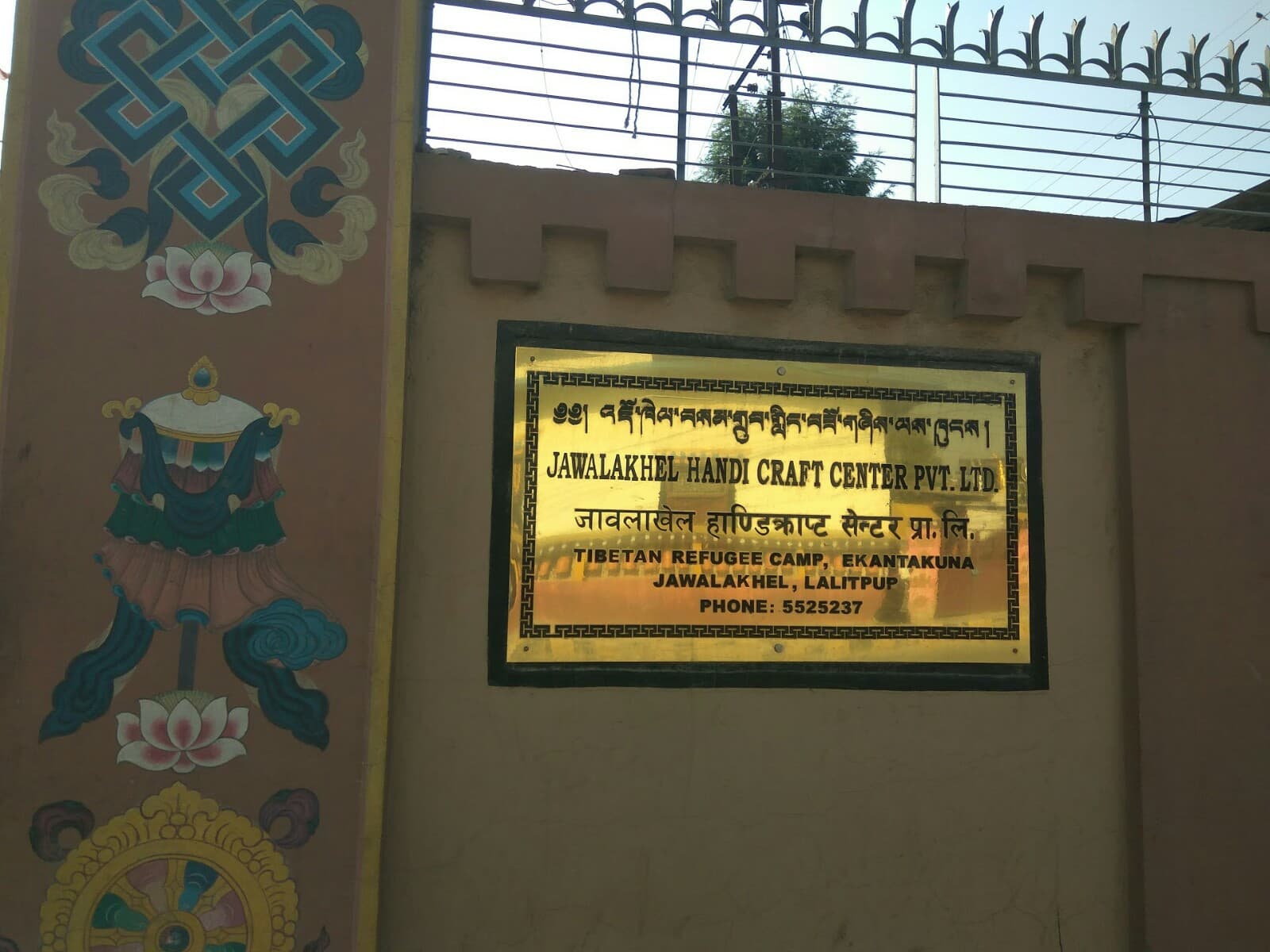
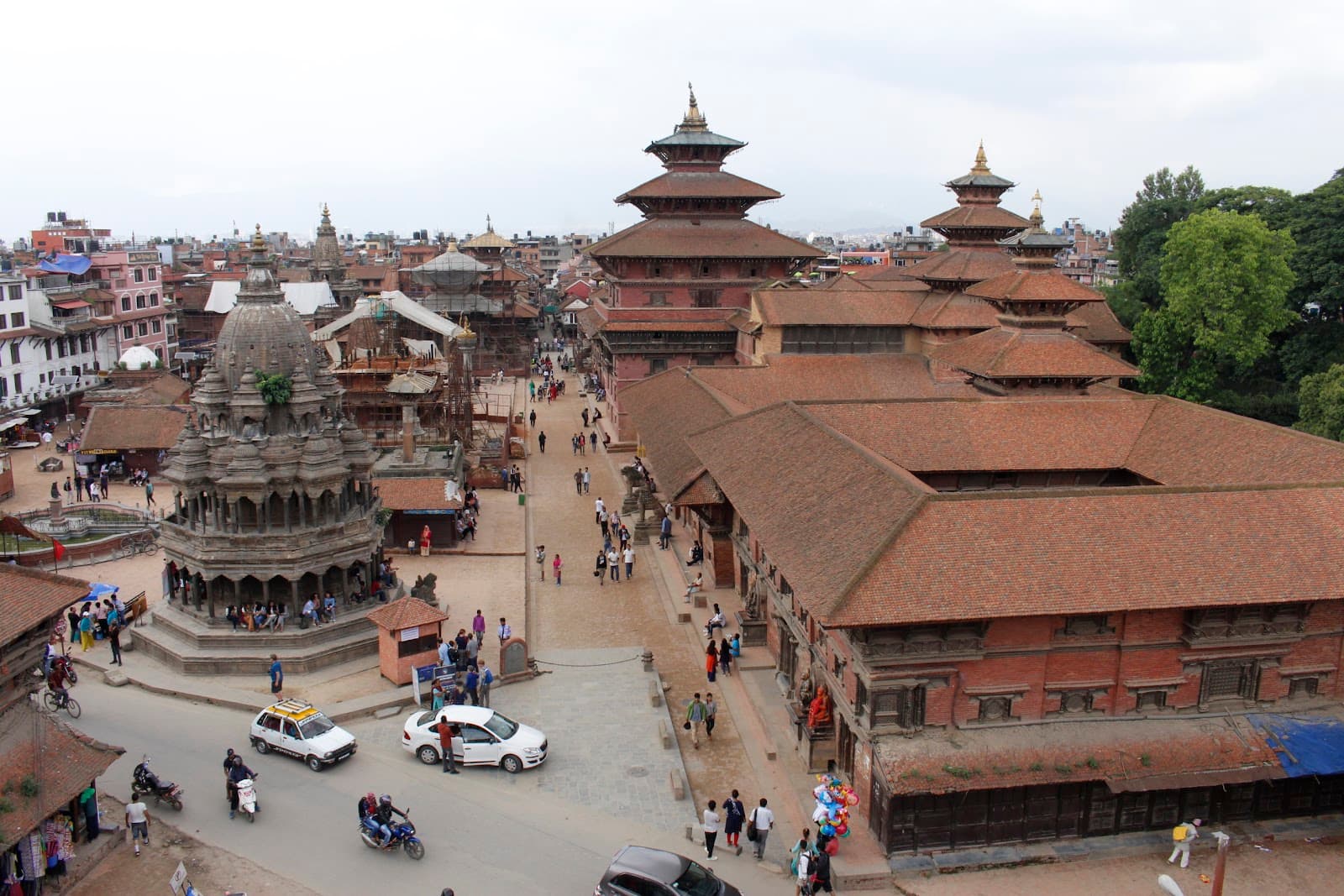
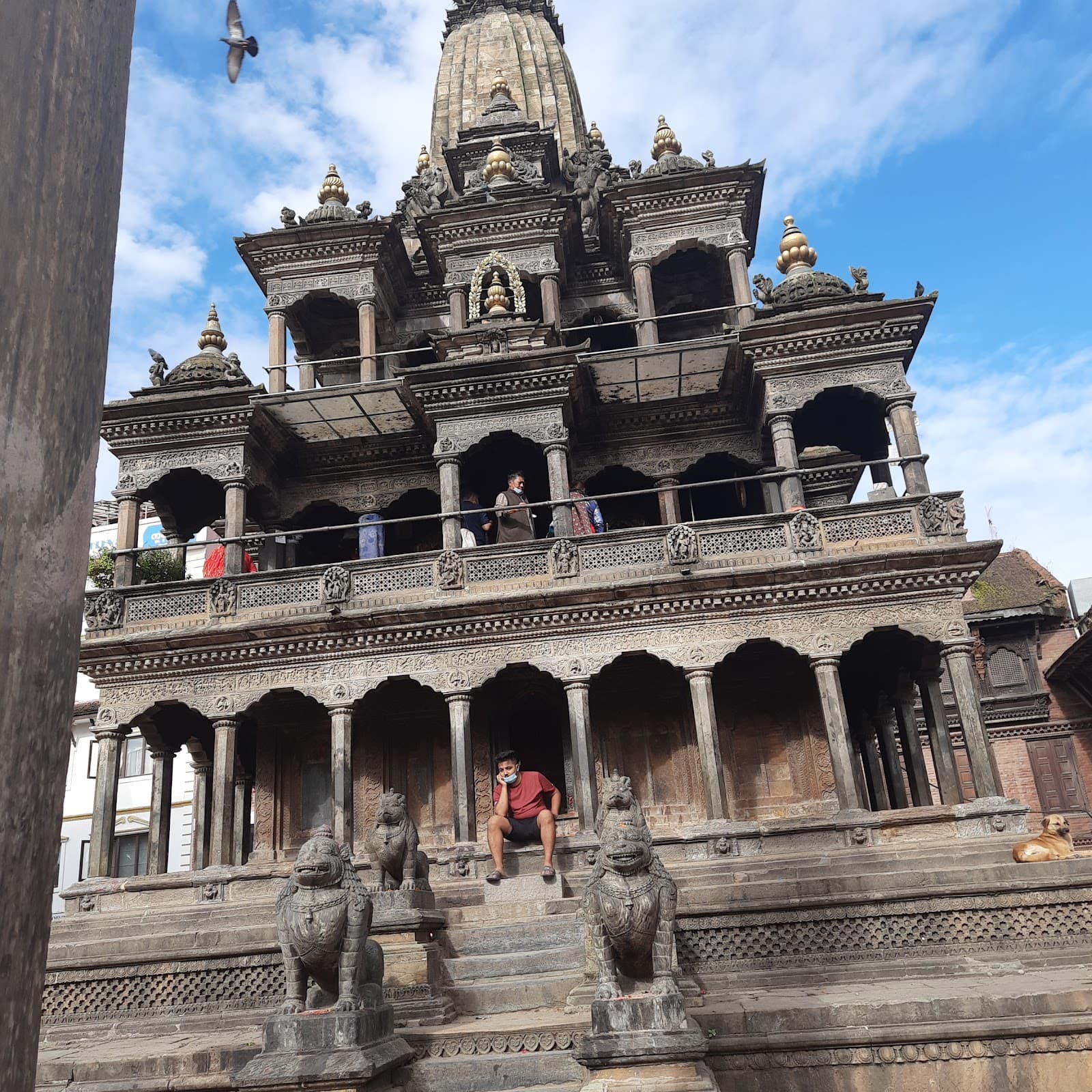


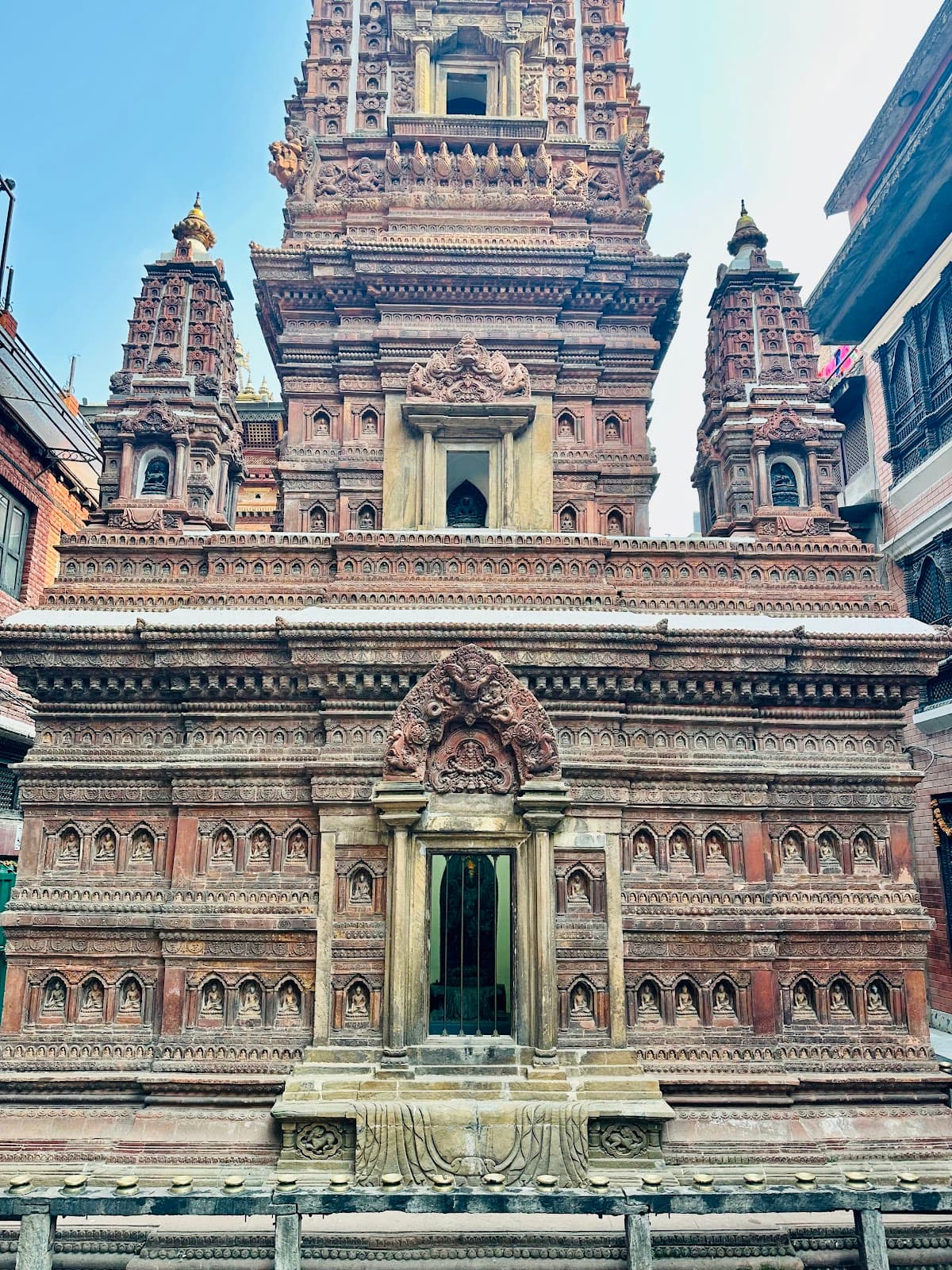
Social
from TikTok, Instagram & Reddit